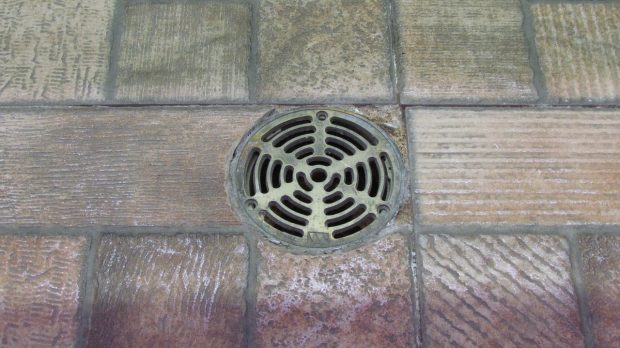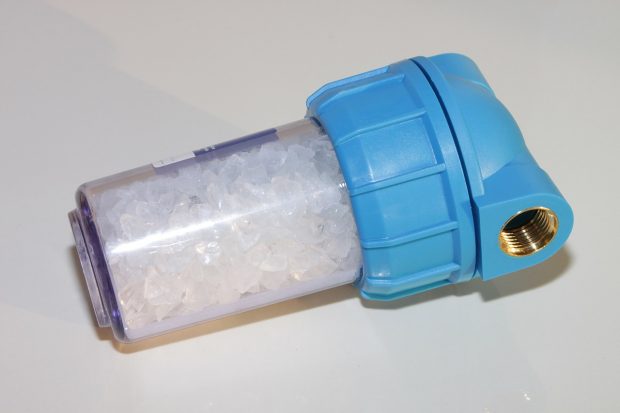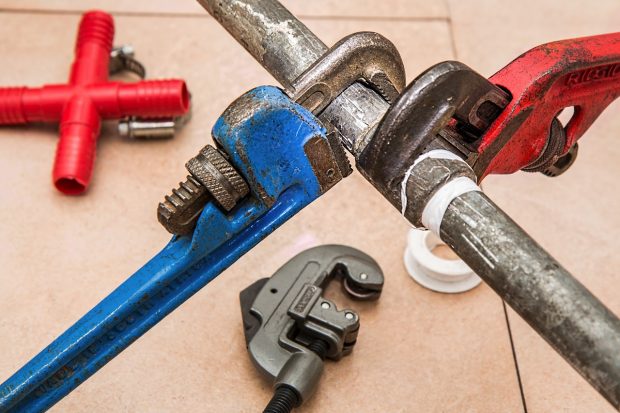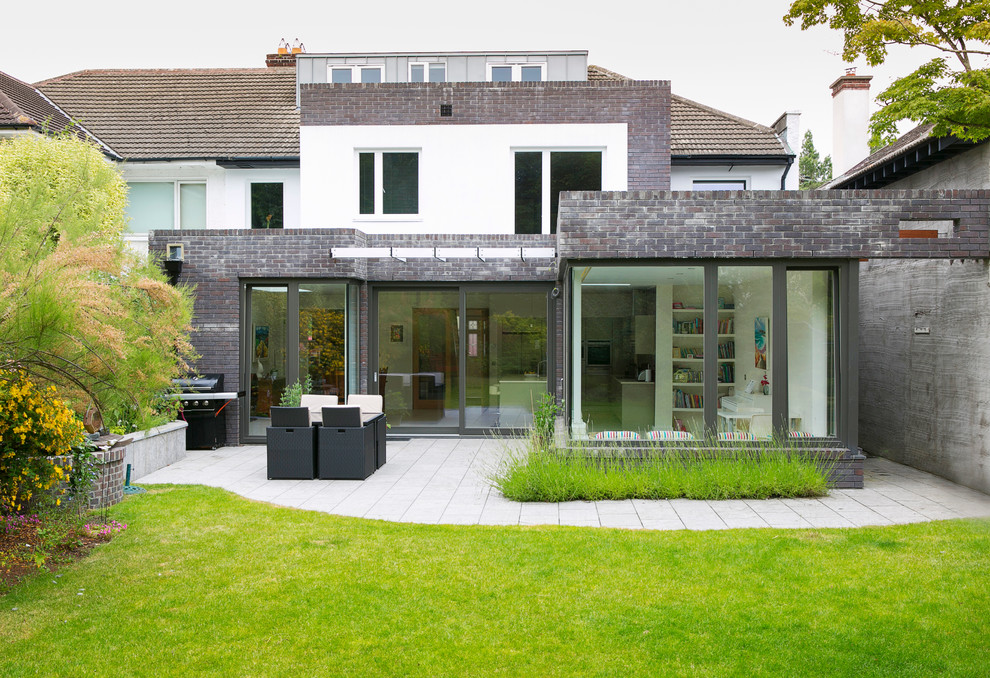As long as there is water running from the taps, the last things many homeowners pay attention to are the water pipes and sewer systems. Like most things, your plumbing system is vulnerable to damages if not well-maintained. Water leaks and pipe blockages are the main problems you’ll certainly experience with your plumbing.
Regular attention can help prevent leaks and prolong the life of your plumbing systems. In this post, we’re going to share some tips for avoiding problems that can lead to plumbing failure and costly repairs.
Reduce Water Pressure
Relatively high water pressure is usually great when taking a shower or watering your lawn. But you don’t need it during your daily chores around the home. The problem with high water pressure is that it stresses your pipes, increasing the risk of leaks. This is because it makes the appliance valves, faucets, and joints work harder.
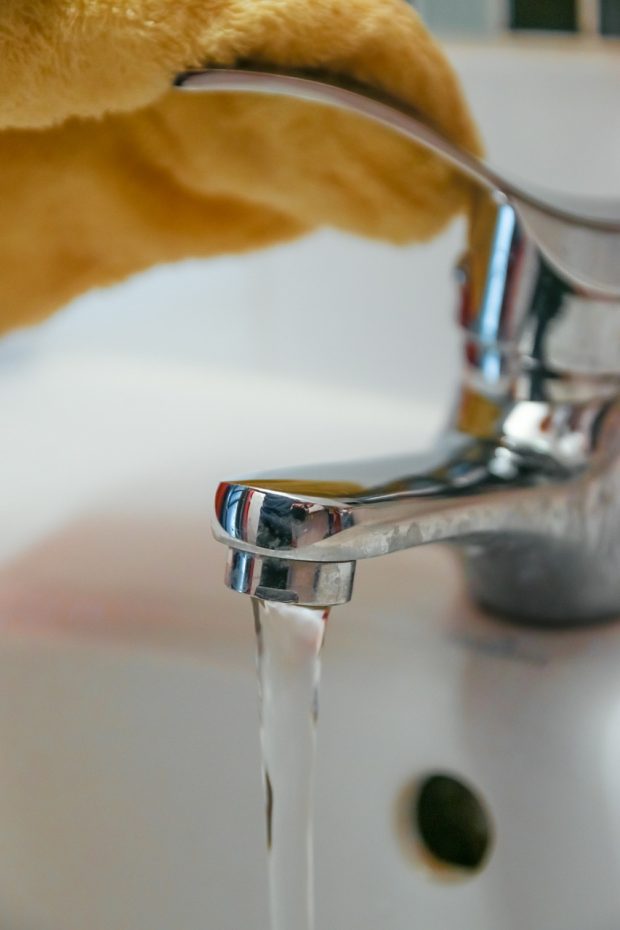
Instead, you can use a hose bib gauge to measure your water pressure. Typically, a good pressure range is 40 to 85 psi. If your pressure is higher than 85 psi, you might need to work with a plumbing company, such as Reckon and Reckon Plumbing, to install a pressure regulator.
Avoid Chemical Products
When experiencing a clogged drain, the first step of action many homeowners take is usually the use of chemicals to clear the drain. Even though they tend to work most of the time, these chemical products usually harm your drains, too. They are likely to erode cast-iron pipes, and they might also not remove the entire clog.
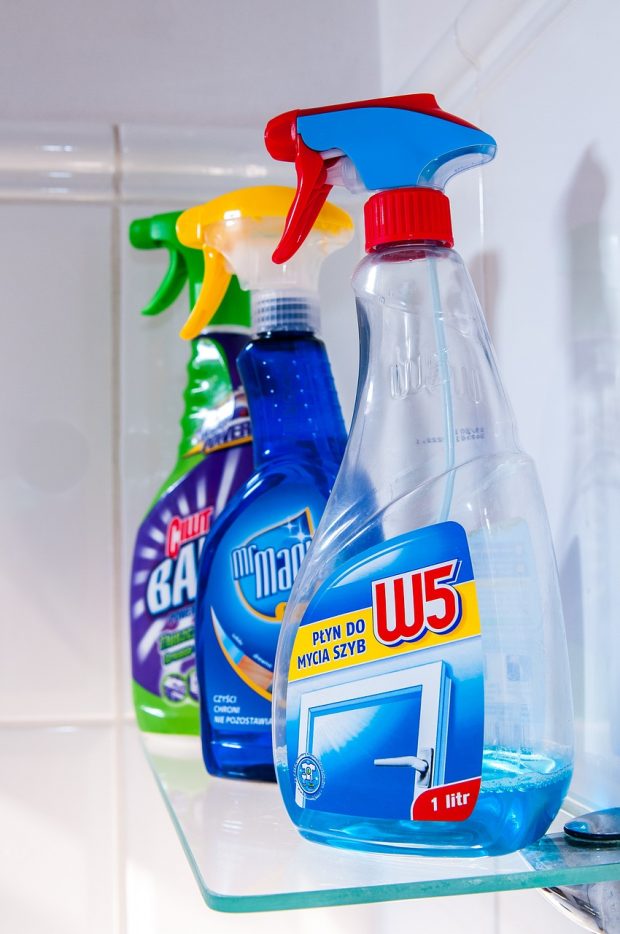
Each time you use these products, they gradually erode your pipes, and this will lead to leaks over time. The ideal alternative to using chemicals is the use of a drain snake, which also removes the clog completely.
Prevent Clogging
Clogging occurs due to the items you force or wash down your drains. For example, pushing food particles and grease down your kitchen sink will lead to clogging. Blocked drains also occur over time due to the build up of materials in the pipes. This is something you can prevent with the right measures.
Start by keeping hair out of bathroom drains and food scraps out of kitchen sinks. Don’t flush anything down the toilet apart from sewage and toilet paper. Make sure to install screens over all your drains and strive to remove any hair buildup at least once a week.
Use Water Softener
Hard water usually has high mineral content, and this can takes quite a toll on your pipes. Minerals, such as calcium and magnesium, usually accumulate inside the pipes and restrict the flow of water. This will also affect the fittings and joints.
You’ll notice a white buildup around your faucets and showerheads if your water is hard. Get the best water softener that does not involve the use of sodium to soften water. Modern electronic systems use electromagnetic pulses to dissolve minerals in your water, and this is far better than sodium softeners.
Plumbing Inspection
Even when you’re not experiencing any problem, it’s helpful to conduct a comprehensive plumbing inspection at least twice a year. This is imperative if you have an old home. An inspection will help you to detect old systems that could potentially lead to plumbing problems.
For example, steel pipes are prone to internal rusting while rust can break terracotta waste lines in your home. You also need to inspect your laundry machine as the hoses can experience cracks and blisters. Also, check your water heater and septic system to ensure they’re in excellent condition.
The Takeaway
The plumbing system is an important part of your home. Problems, such as water leaks, can lead to damage of property and the foundation of your home. The increase of moisture will also cause a mold growth problem in your home. When not handled in good time, these problems can be quite expensive to repair. With that as your incentive, you can prevent them by exercising these tips to improve your plumbing systems.

